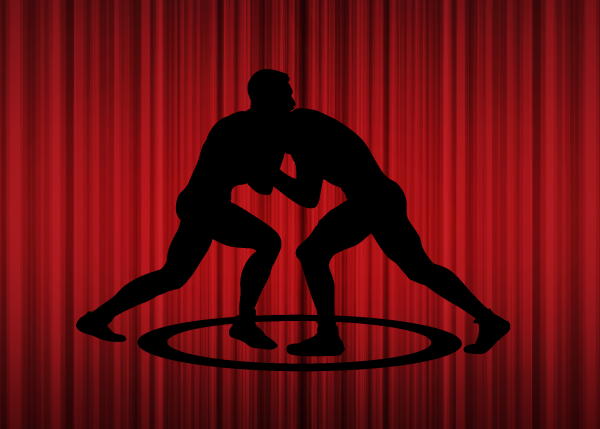Has Forensic Science lost its credibility
Forensic evidence is often used in courts and is considered to be very reliable by most people. We see it all the time at the center of crime dramas such as “CSI” and “Law and Order.” The investigators have a lot of fancy technology they can use with results that appear completely accurate 100 percent of the time. However, apart from DNA evidence, forensic science is not entirely reliable and has many things about it that need to be fixed before it should be relied upon the way it is today.
It is common belief that no two people have the same fingerprint; however, there is no scientific proof that supports this statement. Unfortunately, believing claims with no scientific backing is all too common in the field of forensic science. Many people, including forensic experts, believe that fingerprint evidence is completely reliable. However, this belief can be very dangerous. For example, Brandon Mayfield was accused of bombing a train station in Spain when four scientists inaccurately identified his fingerprints on a bag the bomb’s detonators were found in. It was later revealed that those fingerprints were not in fact Mayfield’s, but belonged to a man named Ouhnane Daoud.
What is also concerning regarding fingerprint evidence is that there is no standard to determine a match and that the qualifications in determining a match vary from lab to lab. Theoretically, you could have one lab using an extensive set of standards for confirming matches and another one that only uses a couple. Despite the differences in analysis standards, these labs would have the same credibility in court due to a lack of a universal standard in fingerprinting.
Before researching this topic, I believed that computers were responsible for making the ultimate decision in terms of which prints matched. However, this job is left to humans. The problem with this is that humans are susceptible to cognitive bias. An experiment was conducted to show this cognitive bias. In the experiment, the same fingerprint evidence was used, but the circumstances or background of the crime given to the forensic scientists was changed. The expert fingerprint analyzers gave contradicting results depending on the background of the crime. One man who was highly experienced in the field stated that making the ultimate decision on a fingerprint match was a “leap of faith.” When you are using this kind of information to change someone’s life, the standard should be more than a leap of faith for determining which prints match and which do not.
Judges are very quick to allow this kind of evidence in court rooms because, as one judge put it, they are looking for shortcuts. One’s credentials are used as a way for judges to quickly decide that a person is an expert in their field and can therefore testify. However, these credentials often are not that hard to come by. Some certification organizations “lack stringent requirements,” according to the National Academy of Sciences. In addition, there are no consequences or follow ups with the people who were certified if they make an egregious error and should no longer be permitted to be certified.





